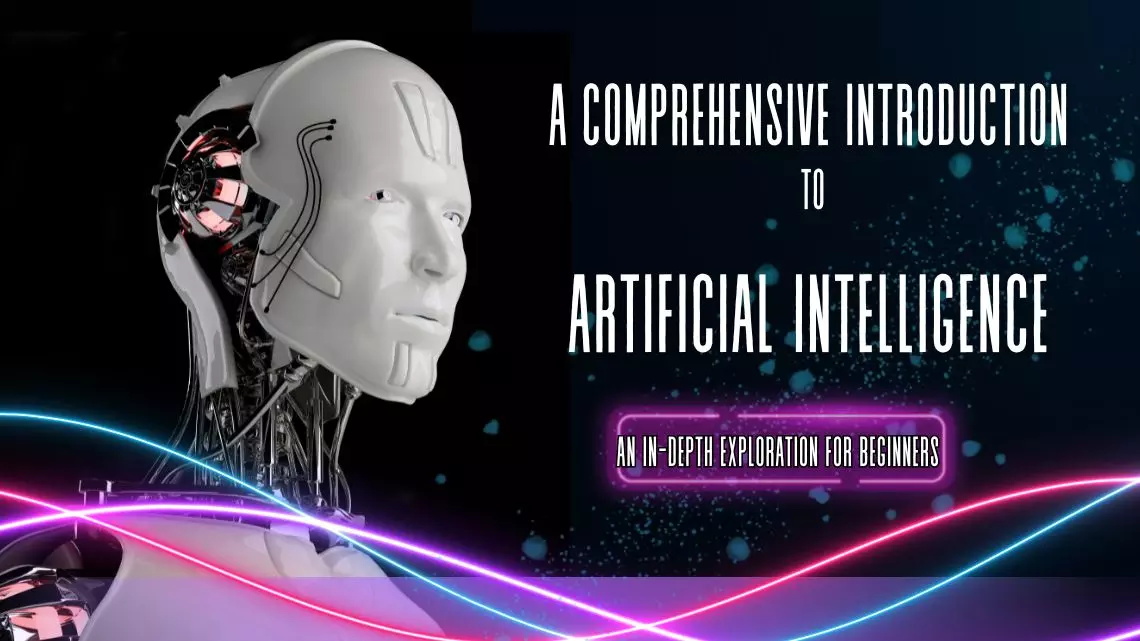Artificial Intelligence (AI) has become an integral part of our daily lives and continues to transform various industries. In this comprehensive guide, we delve into the world of AI, exploring its foundations, core concepts, applications, and the future of this groundbreaking technology.
Whether you're a student, professional, or simply curious about AI, this blog post will equip you with a solid understanding of the subject.
{INDEX}
Introduction to Artificial Intelligence
Artificial Intelligence is the simulation of human intelligence in machines programmed to mimic cognitive functions such as learning and problem-solving. With the advent of advanced algorithms and powerful computing, AI has made significant strides in various fields.
AI Applications in Various Industries
AI has transformed industries like healthcare, finance, marketing, and transportation. In healthcare, AI assists in diagnosing diseases, while in finance, it aids in fraud detection. AI also optimizes marketing strategies and enhances customer experience. Self-driving cars exemplify AI's impact on transportation.
Machine Learning and its Types
Machine Learning (ML) is a subset of AI that enables systems to learn from data and improve performance without explicit programming. The three main types of ML are supervised learning, unsupervised learning, and reinforcement learning.
Deep Learning and its Architectures
Deep Learning (DL) is a subset of ML that uses multi-layer neural networks to process and analyze data. Convolutional Neural Networks (CNNs) and Recurrent Neural Networks (RNNs) are popular DL architectures, excelling in image and sequential data processing, respectively.
Natural Language Processing (NLP)
NLP enables AI to understand and interpret human language. Some common NLP techniques include Sentiment Analysis, Named Entity Recognition, and Text Classification. Virtual assistants, chatbots, and language translation services are some of its applications.
Computer Vision
Computer Vision allows AI to perceive and interpret visual data. Object Detection, Image Segmentation, and Image Recognition are common tasks in this field. Autonomous vehicles, security systems, and healthcare diagnostics benefit from computer vision.
AI Ethics and Societal Impact
As AI advances, ethical considerations and societal impact must be addressed. Key concerns include data privacy, algorithmic bias, job displacement, and the potential misuse of AI. Responsible AI usage and collaboration among stakeholders can help navigate these challenges.
The Future of AI
The future of AI holds immense potential with emerging trends such as edge AI, explainable AI, and AI for social good. Staying informed and engaging in discussions around the future of AI can help shape a responsible and beneficial future.
Conclusion:
Artificial Intelligence has become an essential aspect of our lives and continues to drive innovation in numerous industries. As we explore the foundations, applications, and future of AI, understanding its concepts, potential, and challenges is crucial for responsible development and implementation.


%20Trends%202024%20Transforming%20the%20Future.webp)


.webp)
.jpg)
